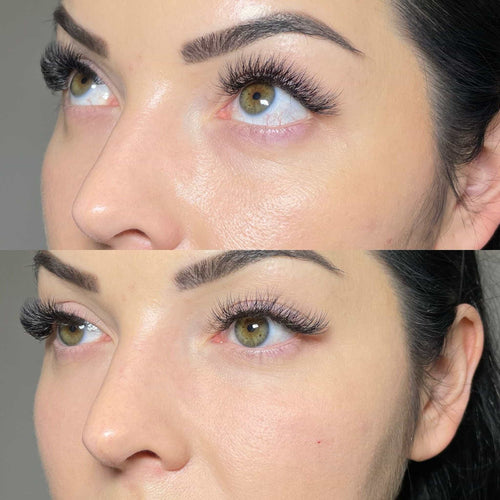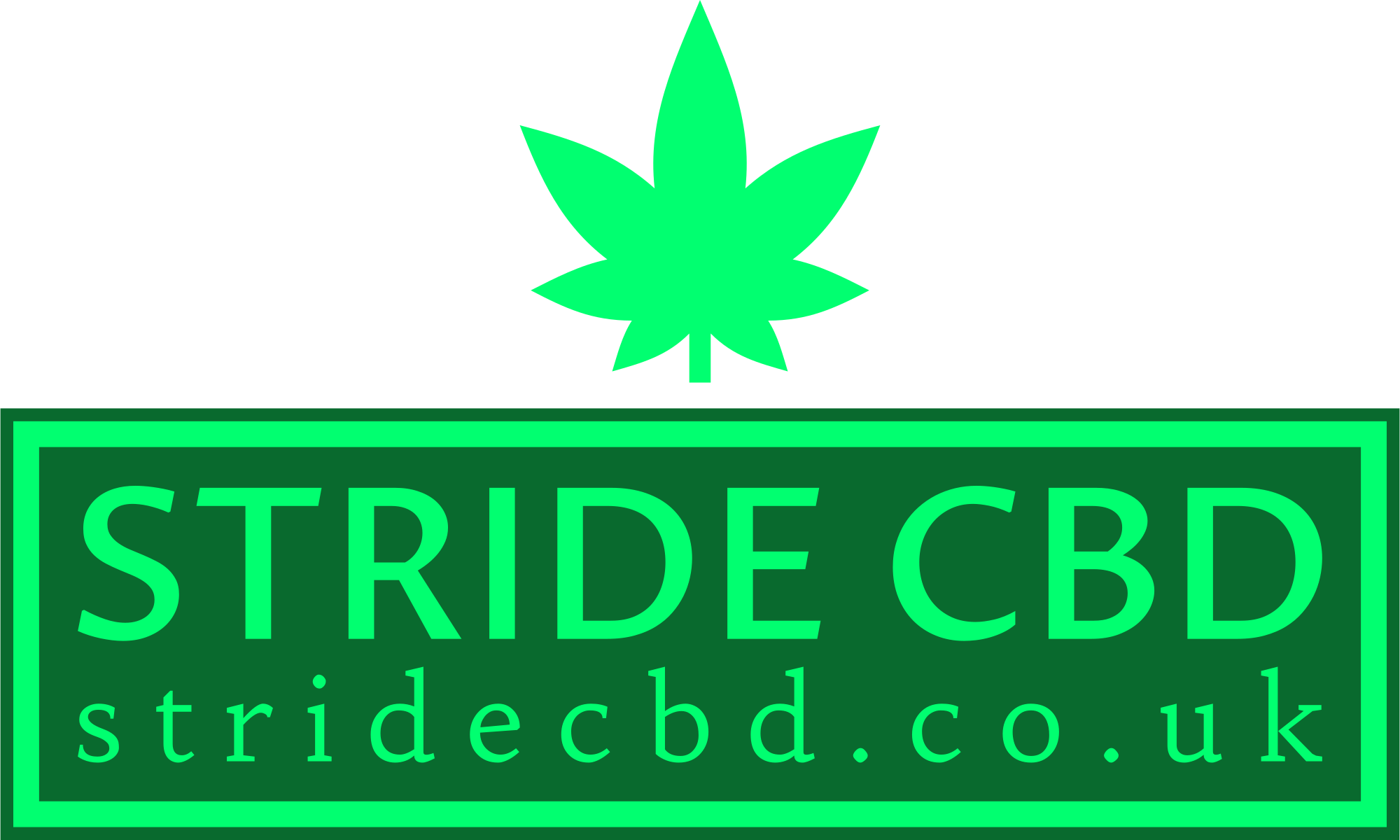Book a Dermal Filler Session with Dr. Laura Geige Now
Immediate Relief

Cold Compress
Immediate relief from swelling after lip filler injections can be achieved using a cold compress**. Applying a cold compress to the treated area helps constrict blood vessels, which in turn reduces inflammation and minimizes swelling.
A **cold compress** typically refers to an ice pack wrapped in a towel or a bag of frozen vegetables. It should be applied for 15-20 minutes at a time, several times a day, during the first 24-48 hours after lip filler treatment. Avoid direct contact between the ice and your skin, as this can cause tissue damage.
Cold therapy effectively reduces inflammation by slowing down the metabolic processes in the affected area. This helps to reduce the buildup of fluid and other inflammatory mediators that contribute to swelling.
In addition to reducing swelling, a cold compress can also help numb the treated area and provide temporary pain relief. The coolness helps to desensitize nerve endings, minimizing discomfort.
Elevate Your Head
Immediate relief from swelling after lip filler involves minimizing inflammation and promoting drainage.
One crucial step is applying a cold compress to the treated area for 15-20 minutes at a time, several times a day. This constricts blood vessels, reducing swelling and discomfort.
Another effective technique is gently elevating your head while sleeping. This helps gravity work in your favor by directing fluid away from the lips.
Consider using a soft pillow or placing an extra pillow under your head for optimal elevation.
Avoid pressing on the injected area, as this can exacerbate swelling and bruising.
Reducing Inflammation
Over-the-Counter Medications
Reducing inflammation after lip filler injections is crucial for optimal healing and aesthetic results. Here’s a breakdown of how to manage swelling:
Immediate Actions (Within 24 Hours):
*
Apply a cold compress: Apply a cold pack or ice wrapped in a towel to the treated area for 15-20 minutes at a time, several times a day. This constricts blood vessels and helps reduce swelling.
*
Elevate your head: Sleep with your head slightly elevated to minimize fluid accumulation around the lips.
*
Avoid touching or rubbing the area: Keep your hands off the lips as much as possible to prevent irritation and further inflammation.
Over-the-Counter Medications:**
These can be helpful in managing swelling and discomfort:
1.
Nonsteroidal anti-inflammatory drugs (NSAIDs): Ibuprofen (Advil, Motrin) or naproxen (Aleve) are effective at reducing inflammation and pain. Follow the dosage instructions on the label.
2.
Antihistamines: Cetirizine (Zyrtec) or loratadine (Claritin) can help if there’s an allergic reaction contributing to swelling. They may also reduce general inflammation.
**Important Considerations:**
*
Always consult your doctor or a licensed medical professional before taking any medication, especially if you have pre-existing health conditions or are taking other medications.
*
Be sure to follow the recommended dosage instructions for over-the-counter medications.
**When to See a Doctor:**
If you experience excessive swelling, redness, pain that worsens, or any signs of infection (pus, fever), seek immediate medical attention.
Prescription Options
Reducing inflammation after lip filler injections typically involves a combination of home care and medical interventions.
Home care measures include applying ice packs to the treated area for 15-20 minutes at a time, several times a day, to help constrict blood vessels and minimize swelling. Arnica gel or cream can also be applied topically to reduce inflammation and bruising.
Elevation of the head while sleeping can also help drain fluids and reduce swelling. Avoid touching or rubbing the lips as it can further irritate the area and prolong healing.
Maintaining a healthy lifestyle with adequate hydration and a balanced diet can support the body’s natural healing process.
For more persistent or severe inflammation, your healthcare provider may recommend prescription medications:
Anti-inflammatory drugs such as corticosteroids (e.g., prednisone) can be prescribed orally or injected locally to reduce inflammation rapidly.
Nonsteroidal anti-inflammatory drugs (NSAIDs) like ibuprofen or naproxen can also be helpful in managing pain and swelling.
However, it’s important to consult with a medical professional before taking any prescription medications, as they may have potential side effects and interactions with other medications.
In some cases, your doctor might recommend additional treatments such as cold laser therapy or platelet-rich plasma (PRP) therapy to further reduce inflammation and promote healing.
Long-Term Management
Reserve a Dermal Filler Consultation with Dr. Laura Geige
Gentle Skincare
Long-term management of lip filler swelling typically involves a gentle skincare routine and lifestyle adjustments that promote healing and minimize inflammation.
Here are some key strategies for long-term management:
-
Avoid Direct Pressure on the Lips: Refrain from pressing or touching your lips excessively as it can irritate the treated area and prolong swelling.
-
Ice Compresses: Continue applying ice packs wrapped in a thin cloth for 10-15 minutes at a time, several times a day, to reduce inflammation.
-
Arnica Gel or Creams: Apply arnica gel or creams topically as they have anti-inflammatory properties that can help soothe swelling and bruising.
-
Elevate Your Head: Sleeping with an extra pillow can help drain fluids and minimize puffiness overnight.
Gentle Skincare Routine: Follow a gentle skincare routine that is designed to nourish the skin without irritation:
-
Cleanse Gently: Use a mild, fragrance-free cleanser twice daily. Avoid harsh scrubs or exfoliating products.
-
Hydrate Regularly: Apply a lightweight, hyaluronic acid-based moisturizer to keep the lips hydrated and plump.
-
Protect from Sun: Wear lip balm with SPF 30 or higher daily to protect the delicate skin of the lips from sun damage.
Arrange a Dermal Filler Appointment with Dr. Laura Geige
It’s important to note that individual healing times vary. Consult with your injector for personalized advice and aftercare instructions specific to your treatment.
Avoid Touching or Rubbing Lips
Long-term management of lip filler swelling involves a multi-faceted approach that focuses on minimizing inflammation, promoting healing, and maintaining the desired aesthetic outcome.
Hydration is crucial for reducing swelling. Drinking plenty of water helps flush out excess fluids and supports healthy skin cell turnover.
Cold compresses applied to the treated area for 15-20 minutes at a time several times daily can effectively reduce inflammation and discomfort.
Avoid touching or rubbing your lips, as this can irritate the area, disrupt healing, and potentially spread bacteria.
Over-the-counter pain relievers like ibuprofen or acetaminophen can help manage any swelling-related pain or discomfort.
Maintain a healthy diet rich in fruits, vegetables, and antioxidants to support overall skin health and reduce inflammation.
Avoid smoking and alcohol consumption as they can hinder healing and increase the risk of complications.
Follow your injector’s specific post-treatment instructions carefully, including recommendations for skincare products and activities to avoid.
If you experience excessive or prolonged swelling, consult your injector immediately. They may recommend additional treatments or adjustments to manage the situation effectively.
Market Day ME Zoe Mallett Coaching Carmen Alexandra En Bloch Hotels
- Why CBD Gummies Are A Great Choice For Pain-Free Living - November 9, 2025
- What Is The Best Filler For Over 65? - November 7, 2025
- What Are The Benefits Of CBD Gummies For Skin Health? - November 6, 2025
